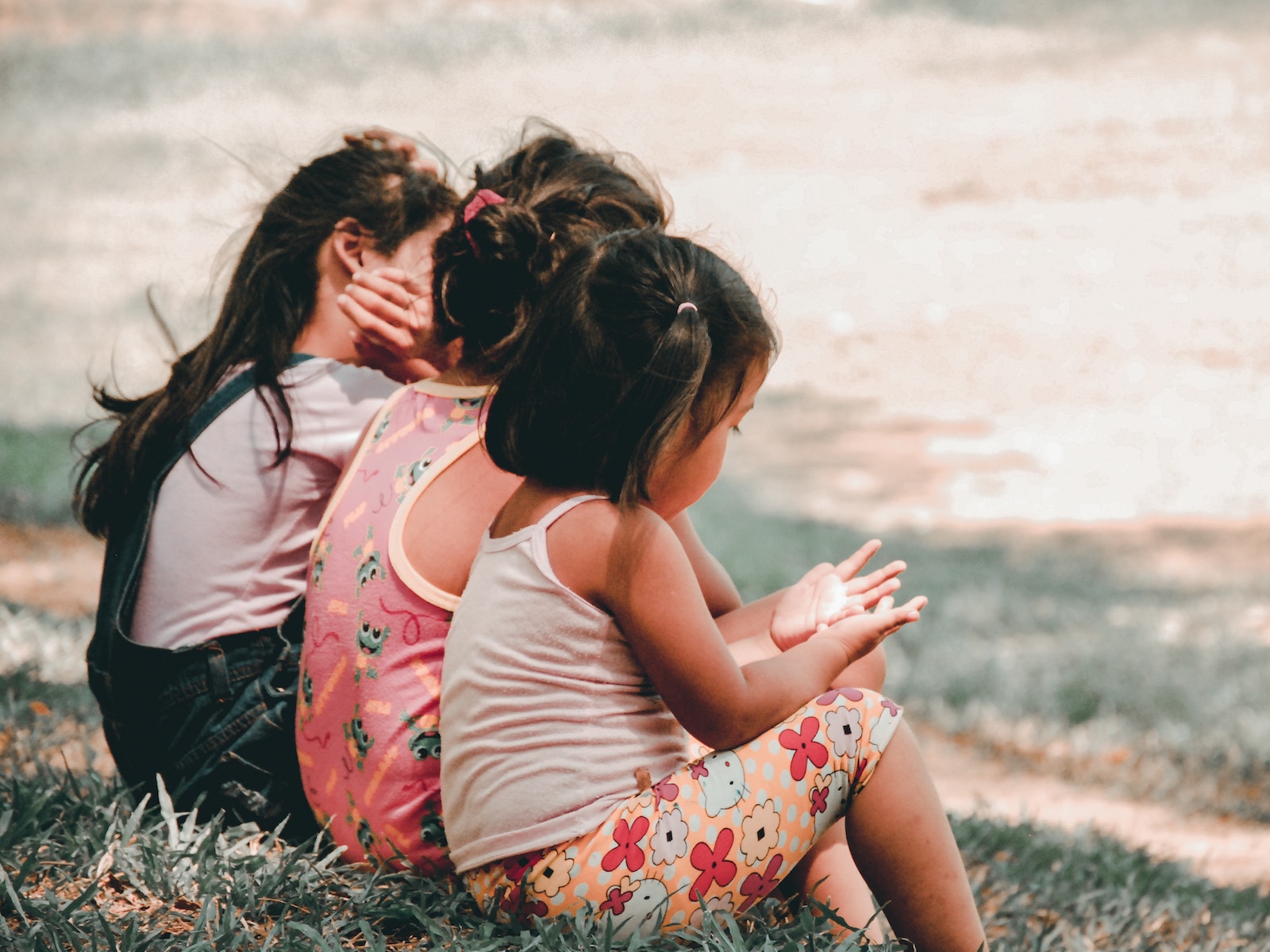
07 Jan How to develop self-awareness in kids [20 actionable tips]
Self-awareness is a crucial life skill for children to develop in order to be successful and confident in their lives. It is defined as the ability to recognise and understand one’s own emotions, thoughts, and behaviours. This make it a fundamental part of emotional intelligence, something that underpins our personal success and happiness. Put simply, self-awareness helps children to better understand the world around them and their place in it.
Whys is it important to develop self-awareness?
Self-awareness is super important for kids to develop because it helps them understand themselves better. When kids are self-aware, they know their thoughts, feelings, strengths, and weaknesses. This knowledge helps them make good choices, handle their emotions, and connect with others in a meaningful way. It’s like having an inner compass that guides them towards what they truly want and who they want to be. When kids are self-aware, they can be more confident, happy, and successful in different parts of their lives. So, helping your child develop self-awareness is a fantastic gift you can give them!
If someone does not have self-awareness, they may struggle with understanding their own feelings and emotions. They may also find it difficult to make decisions, as they may not be aware of the consequences of their actions. They may also have difficulty forming and maintaining relationships as they may not understand how their behaviour affects others.
What does self-awareness look like?
Self-awareness is surprisingly easy to observe. When you’re around someone with a high level self-awareness, they’re at ease with themselves. They don’t feel like they have anything to prove and they’re able to make choices based on their true wants and needs. They tend to be good listeners and empathise effectively with those around them.
Conversely, someone without self-awareness can come across obnoxious and impulsive. They’re easily swayed by trends or what their peers are doing. Their lack of self-awareness means they might say or do something without thinking about how it could be interpreted and, therefore, can end up hurting someone’s feelings or appearing careless or narcissistic.
20 ways to develop self-awareness in kids
Here are 20 ways for children to develop a better sense of self-awareness:
1. Mindful breathing: Teach children to take deep breaths and focus on their breath as it goes in and out. This helps them become aware of their emotions and bring their attention to the present moment.
2. Emotion check-ins: Encourage kids to identify and express their emotions. Ask them how they’re feeling and why, fostering emotional intelligence and self-reflection. Ensure this is done in a totally judgement-free environment.
3. Journaling: Provide children with a personal journal where they can write about their thoughts, feelings, and experiences. Alongside helping kids develop self-awareness, journaling promotes self-expression and self-discovery.
4. Self-reflection questions: Prompt kids with questions like “What made you happy today?” or “What did you learn from a mistake?” This encourages introspection and helps them understand themselves better.
5. Encourage self-expression: Support and validate your child’s individuality by allowing them to express their opinions, ideas, and creativity freely. This builds confidence and self-awareness.
6. Identify strengths and interests: Help children explore their talents, hobbies, and areas of interest. By recognising their strengths, they develop a sense of identity and purpose.
7. Teach empathy: Foster empathy by encouraging kids to consider others’ feelings and perspectives. This helps them understand themselves in relation to others and develop compassion. This can encourage them to think about the impact of their actions and words.
8. Mindful observation: Engage children in activities that promote observation, such as nature walks or art appreciation. This cultivates attentiveness and awareness of the world around them.
9. Body awareness exercises: Encourage activities like yoga, dance, or martial arts, which improve body awareness and help children understand the mind-body connection.
10. Encourage self-care: Teach children the importance of self-care through activities like taking baths, reading books, or engaging in hobbies. This helps them prioritise their own well-being and an understanding of how our actions and life choices impact how we feel in any given moment.
11. Reflect on achievements: Celebrate milestones and accomplishments with your child. Reflecting on their achievements fosters self-confidence and an understanding of their abilities.
12. Set and respect boundaries: Teach children about personal boundaries and the importance of respecting others’ boundaries. This helps them develop self-respect and self-awareness in relationships.
13. Encourage decision-making: Provide opportunities for kids to make decisions independently, allowing them to understand their preferences, values, and consequences of choices.
14. Mindful eating: Encourage children to pay attention to their food, its taste, and how it makes them feel. This cultivates mindfulness and a better understanding of their body’s needs.
15. Practice active listening: Model active listening skills and teach children to listen attentively when others speak. This fosters self-awareness of their communication patterns and empathy towards others.
Here are five additional points that can specifically benefit a child in a group setting:
16. Collaboration activities: Encourage children to engage in group activities that require collaboration and teamwork, such as group projects or team sports. This helps them understand their role within a team and develop social awareness.
17. Peer feedback: Encourage constructive peer feedback within the group setting. This allows children to receive input from their peers, enhancing their understanding of how their actions impact others.
18. Conflict resolution skills: Teach children effective communication and problem-solving skills to navigate conflicts within the group. By learning to manage disagreements, they develop self-awareness of their emotions and the ability to empathise with others.
19. Group reflection: After group activities or projects, facilitate a group reflection session where children can discuss their experiences, challenges, and successes. This encourages self-reflection and fosters a sense of belonging within the group.
20. Role-playing scenarios: Organise role-playing exercises where children take on different roles within a group, allowing them to see situations from various perspectives. This promotes empathy and helps them understand the dynamics of group interactions.
Remember, developing self-awareness is a lifelong process, so be patient and supportive as your child grows. Adapt these activities based on the age and developmental stage of the children in the group. Incorporate these activities into their daily routines to help them build a strong foundation of self-awareness and self-understanding as well as strong social skills that contribute to their success in group settings.
When did you first become self-aware?
It’s so easy to just go with the flow and do what’s expected of us. Starting primary then secondary school, choosing our GCSEs and going to college. Then passing exams and trying to get into university because that’s what everyone else is doing. Someone might be in their forties before asking themselves, “What do I really want?”
There’s no point breeding brilliant box tickers. It’s not what the world needs and it’s not what happiness and fulfilment are made of. Self-awareness is a powerful tool in a young person’s toolbox and it will serve their future no matter what they choose to do.




